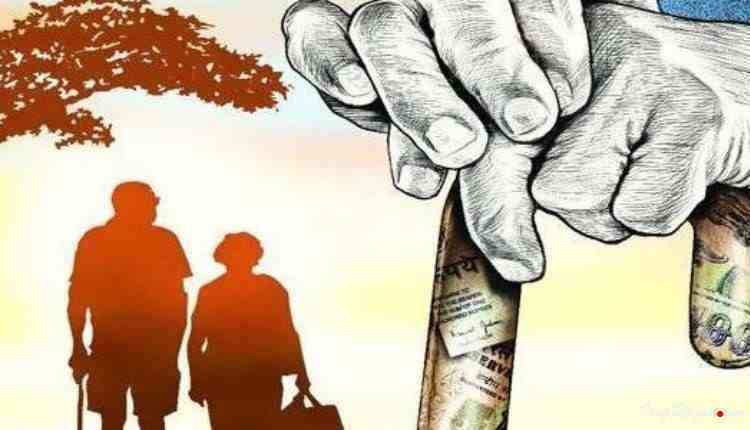“I gave him birth, carrying him inside me for nine months, experiencing pain in the form of pleasure. I taught him how to walk, holding his tiny fingers. I motivated him to speak, helped him learn his first words. I stood beside him every time he felt low or faced a problem. Yet, this is how he repaid me.”
These were the thoughts racing through the mind of the elderly lady as she sat alone on her bed in the old-age home. Her eyes couldn’t believe what was happening before her. It was a struggle for her mind to accept that she had been cast aside by the one who had been her lifeline.
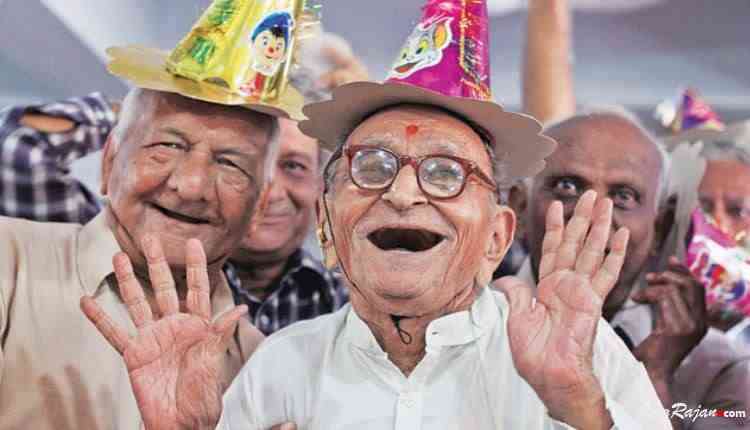
This is just one example of the transformations in Indian culture. Thousands of elderly parents suffer in similar situations. India is often celebrated for its rich religious diversity, earning it the title of a nation with a myriad of cultures. The tradition of living in joint families has endured for generations. However, Westernization has gradually eroded many aspects of Indian culture. Joint families are now becoming nuclear families, traditional Indian cuisine and spices are being replaced by junk food. These changes highlight the success of Westernization in influencing a country as diverse as India.

Old age homes are places where elderly individuals are provided with basic necessities such as food, clothing, and shelter when they are abandoned by their children. In the West, there is a culture of placing older adults in old age homes due to their fast-paced lifestyles, where everyone is working and often lacks the time to care for elderly family members at home.
In contrast, in India, children are traditionally raised with strong values of respecting and taking care of their elders. However, influenced by Western trends, some Indians are now considering old age homes as a viable option. In metropolitan cities, this trend is becoming increasingly common, with a growing number of older people being encouraged to live in such facilities.
Regrettably, parents have sometimes become perceived as burdens by their children. Many young adults are too preoccupied with their busy lives to recognize that the very parents who struggled to provide them with opportunities and success are now feeling neglected.
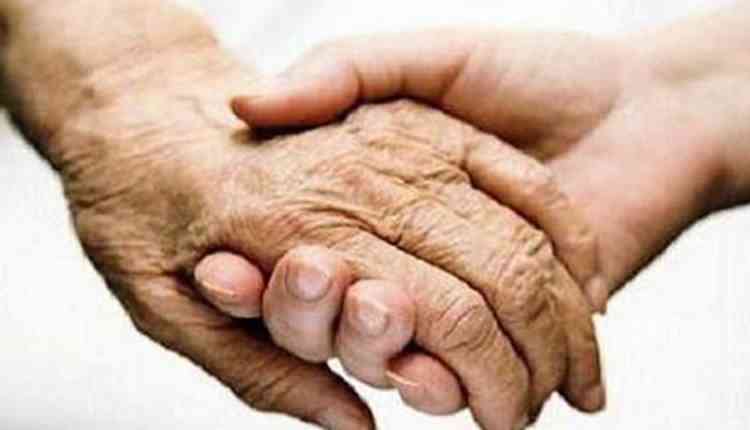
If you ever step into a nursing home, your eyes will well up with tears, and you may find yourself harboring resentment toward those responsible for its existence. The elderly residents wear sad expressions, their eyes reflecting the pain they carry within. Every nook and cranny of these facilities seems to echo with the collective suffering and struggle that the people residing there endure.
It’s not difficult to empathize with the profound sense of neglect felt by those who once considered their family as their lifeline. The initial days in these homes are particularly challenging, as they must learn to adapt to a life away from their loved ones. However, as time passes and they spend days among peers of similar age, they become accustomed to their new environment.
In these shared spaces, they find solace in one another’s company. They open up about their pain and feelings, managing to cultivate a sense of ersatz happiness in their lives.
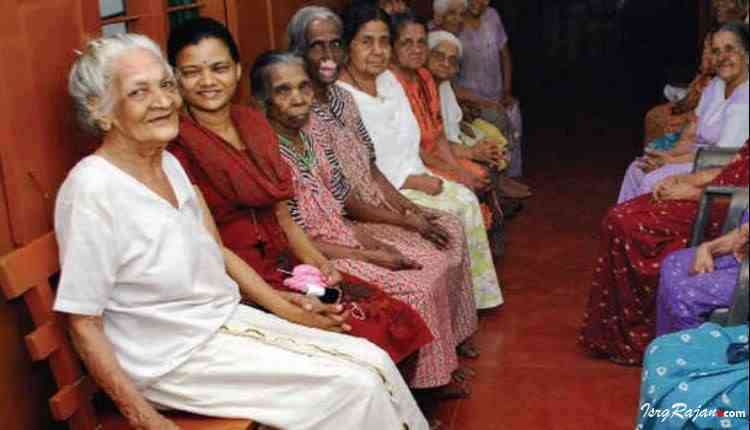
Sending one’s parents to an old age home is an exceptionally bold step, one that only a person with a heart of stone can take. It goes against the very essence of humanity to abandon those in dire need. It’s understandable that women, like men, want to work and contribute to the household income. There’s nothing wrong with this aspiration. However, a critical question arises: when both spouses are working, who will take care of the elderly parents?
Certainly, there are solutions available, such as hiring caretakers to assist with their needs. But the act of ejecting them from the family home and sending them to nursing homes is far from being a morally sound option. In Indian culture, the blessings of older generations are believed to bring about great prosperity. Conversely, being the source of their suffering will inevitably lead to one’s own hardship.
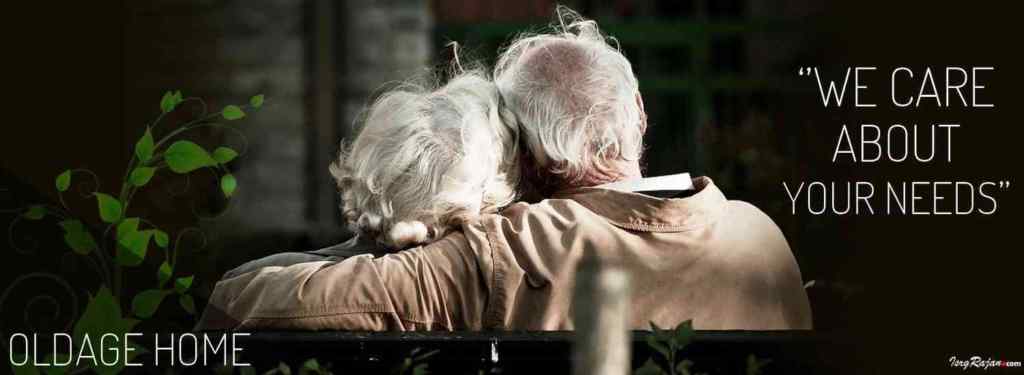
So, the next time you witness such situations unfolding around you, take action. Encourage people to reconnect with their culture and honor it sincerely. We, as Indians, are revered and distinguished by our rich cultural heritage, and it is our duty to safeguard and preserve it in every conceivable manner.
In the quiet corridors of old age homes, where the echoes of untold stories linger, and the silent tears of elderly souls fall, we find a profound lesson. It’s a lesson about compassion, duty, and the enduring strength of our culture.
Let us not forget that our parents, who once held us in their loving arms, deserve our care and respect in their twilight years. The choice to send them to old age homes should never be taken lightly, for it touches the very heart of our humanity.
In preserving our cultural values, we not only honor our roots but also pave the way for a brighter, more compassionate future. Let us pledge to cherish and protect the traditions that have defined us for generations. For in doing so, we ensure that the love and respect we bestow upon our elders today will be the legacy we leave for generations to come.

